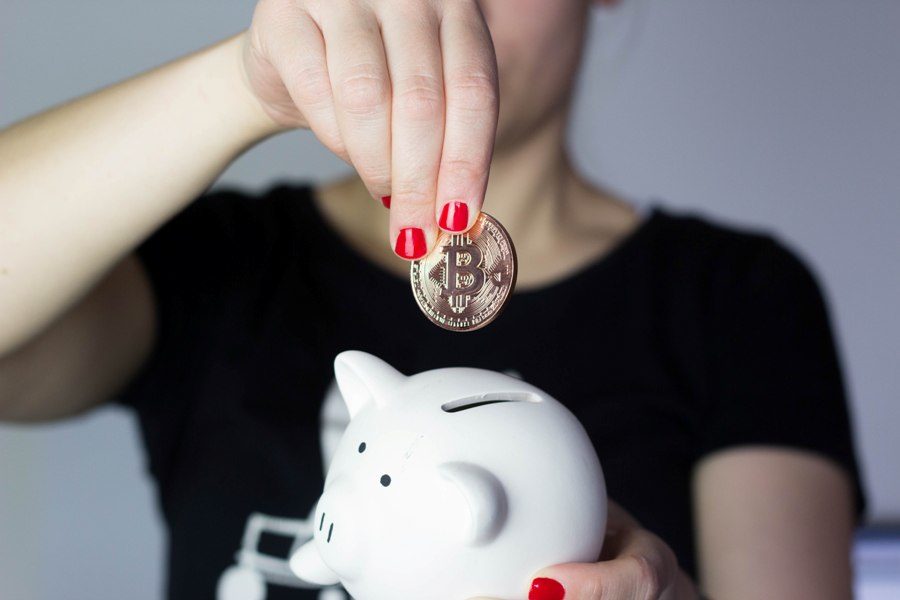Cryptocurrency: change that matters
Sara Evans is a freshman at Starr’s Mill High School. She wrote the following op-ed article as part of a class assignment in Brandon Kendall’s 9th grade Literature and Composition class.
If you really think about it, money is essentially just a piece of paper.
Money was originally viewed as tangible commodity or an i.o.u. manifestation for trust of settling debts.
In 2008 an anonymous group or person by the name of Satoshi Nakamoto created the first cryptocurrency. This would later become one of the most advanced forms of exchange with the highest market cap today, Bitcoin.
The underlying technology of cryptocurrency, known as blockchain, is used to ensure that all transactions are recorded, preventing several problems and simply making life more convenient.
The use of blockchain is what makes cryptocurrency so unique. Essentially, blockchain can be defined as: “A decentralized ledger that keeps a record of all transactions.” This method of currency uses “miners that monitor, verify and record the transactions. [E]very party involved in that business network can witness and access their log of transactions.”
Let’s say I gave you twenty dollars in cash, and you happened to lose the money. The twenty dollars is gone, and you will not have any proof that you were ever given the twenty dollars. On the other hand, if I were to give you twenty dollars worth of Bitcoin or any other cryptocurrency, it would be impossible for the transaction details to be changed or deleted, thus guaranteeing you your twenty dollars.
Think about it as if you were to write down that I gave you twenty dollars, and you asked a hundred other people to write it down, too. If one or two people were to lose it, you still have the other ninety-eight people with proof that you were given twenty dollars. Blockchain works similarly, because every transaction is stored into thousands of computers, thus making it infeasible to be lost.
In addition to securing your money, blockchain enables all transfers to be anonymous and direct, “preventing double spending, and avoiding the involvement of a central privacy-invading authority that takes more than a nominal fee.”
Some people argue that having a checking account and debit card is basically the same thing as cryptocurrency. Cryptocurrency, however, offers its assets to billions of more people than banks can.
Cryptocurrency has the ability to “facilitate economic integration of the global poor, the roughly 2.5 billion adults who don’t have bank accounts.”
There are approximately 2.2 billion people without access to traditional exchange that have access to mobile phones and internet — these individuals are destined for the cryptocurrency market.
Countries like Kenya took advantage of this and now one in three Kenyans own a bitcoin wallet.
By following the same path and adopting cryptocurrency, the world can extraordinarily evolve our economic future.


